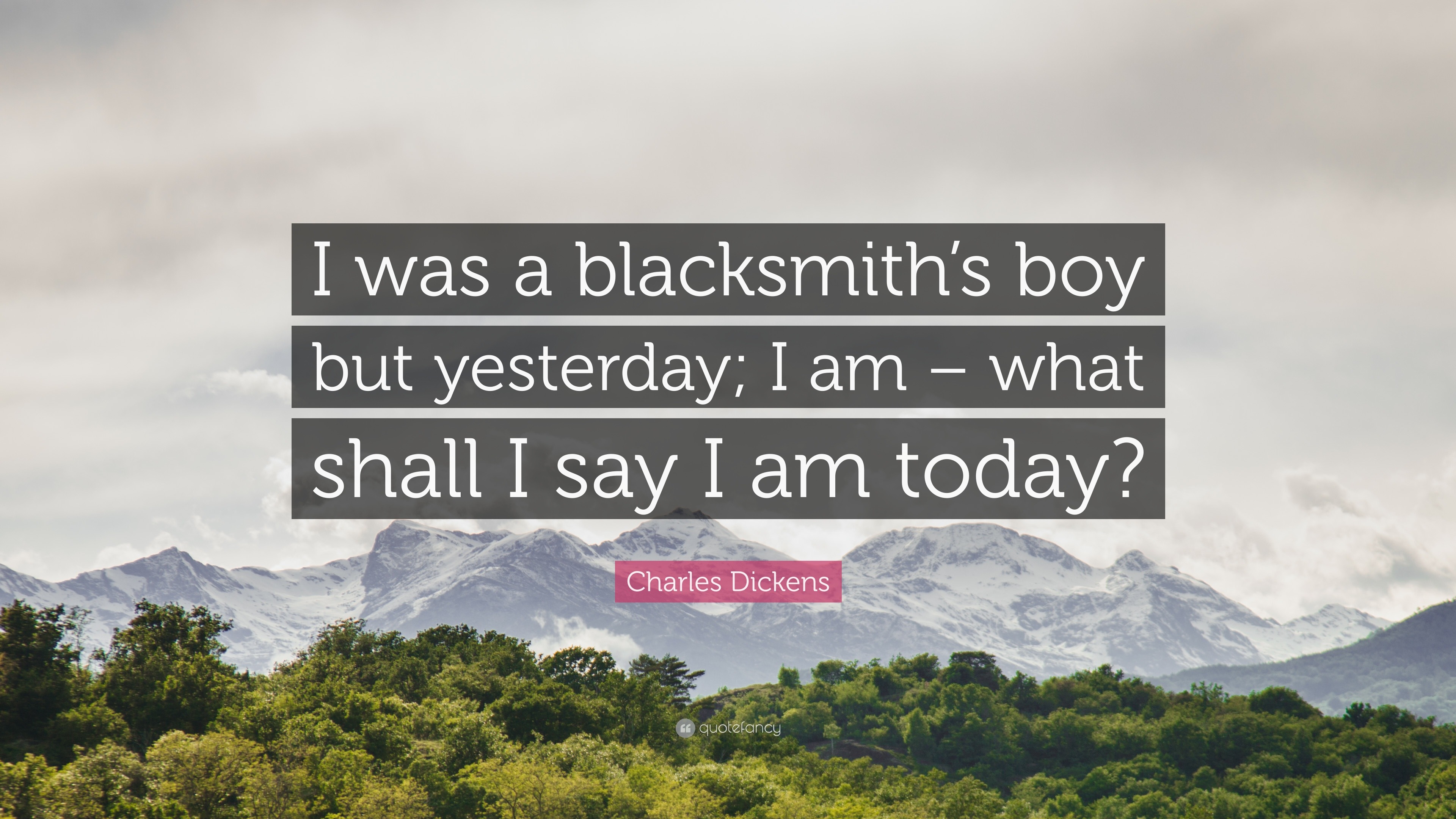Judith Wright was a poet with insights into indigenous people and nature. She told of patterns in life, and in Australia. She and Patrick White both saw patterns. I wonder if they would have got on well together, if anybody could indeed keep White as a friend.
In Five Senses, we see that all five senses are equally important. They create a rhythm, a pattern. Apart, sometimes we can not make sense of what we see, what we hear, or smell or feel. But together they dance. The senses working together create a pattern, which, when followed, can enhance a persons life, make them whole.
Like the world or community. When we are fragmented we are only a part of a whole, incomplete. Sure we can make our own music, but the symphony comes when all instruments work together, playing the same tune.
Judith says :”pattern sprung from nothing-
a rhythm that dances
and is not mine”. The pattern or Rhythm of life was there before, it was only now that Judith has recognised it for what it is. By saying “It is not mine” acknowledges that the Rhythm comes from outside the body, but is implanted within us, perhaps that Rhythm of life is from God.
Now my five senses
gather into a meaning
all acts, all presences;
and as a lily gathers
the elements together,
in me this dark and shining,
that stillness and that moving,
these shapes that spring from nothing,
become a rhythm that dances,
a pure design.
While I’m in my five senses
they send me spinning
all sounds and silences,
all shape and colour
as thread for that weaver,
whose web within me growing
follows beyond my knowing
some pattern sprung from nothing-
a rhythm that dances
and is not mine.
Legend – Poem by Judith Wright
The blacksmith’s boy went out with a rifle
and a black dog running behind.
Cobwebs snatched at his feet,
rivers hindered him,
thorn branches caught at his eyes to make him blind
and the sky turned into an unlucky opal,
but he didn’t mind.
I can break branches, I can swim rivers, I can stare out
any spider I meet,
said he to his dog and his rifle.
The blacksmith’s boy went over the paddocks
with his old black hat on his head.
Mountains jumped in his way,
rocks rolled down on him,
and the old crow cried, You’ll soon be dead.
And the rain came down like mattocks.
But he only said,
I can climb mountains, I can dodge rocks, I can shoot an old crow any day,
and he went on over the paddocks.
When he came to the end of the day, the sun began falling,
Up came the night ready to swallow him,
like the barrel of a gun,
like an old black hat,
like a black dog hungry to follow him.
Then the pigeon, the magpie and the dove began wailing
and the grass lay down to pillow him.
His rifle broke, his hat blew away and his dog was gone and the sun was falling.
But in front of the night, the rainbow stood on the mountain,
just as his heart foretold.
He ran like a hare,
he climbed like a fox;
he caught it in his hands, the colours and the cold –
like a bar of ice, like the column of a fountain,
like a ring of gold.
The pigeon, the magpie and the dove flew up to stare,
and the grass stood up again on the mountain.
The blacksmith’s boy hung the rainbow on his shoulder
instead of his broken gun.
Lizards ran out to see, snakes made way for him,
and the rainbow shone as brightly as the sun.
All the world said, Nobody is braver, nobody is bolder,
nobody else has done
anything equal to it. He went home as easy as could be
with the swinging rainbow on his shoulder.


Pingback: Reading Australia Summative Entry | Dave Z'Art